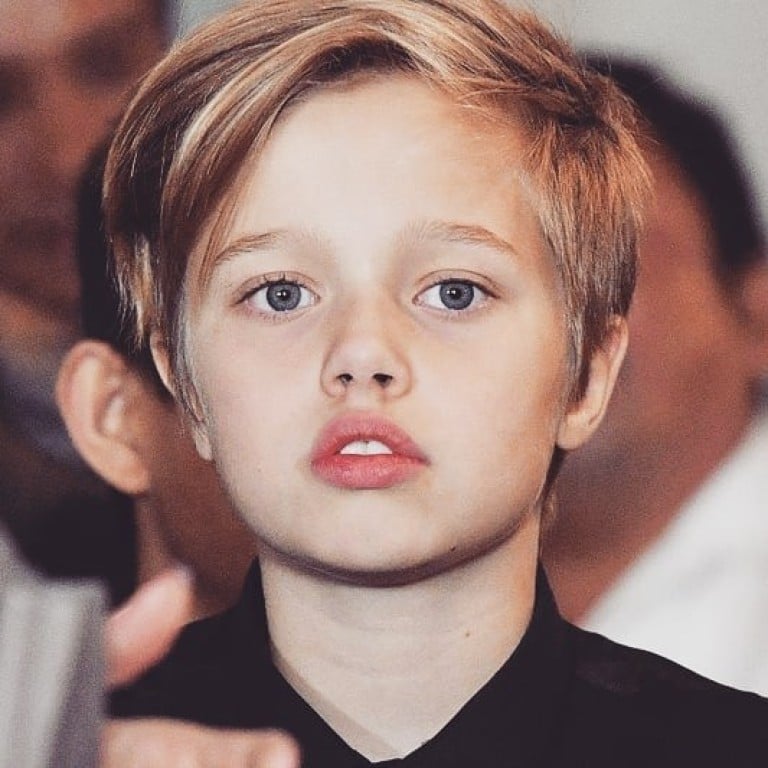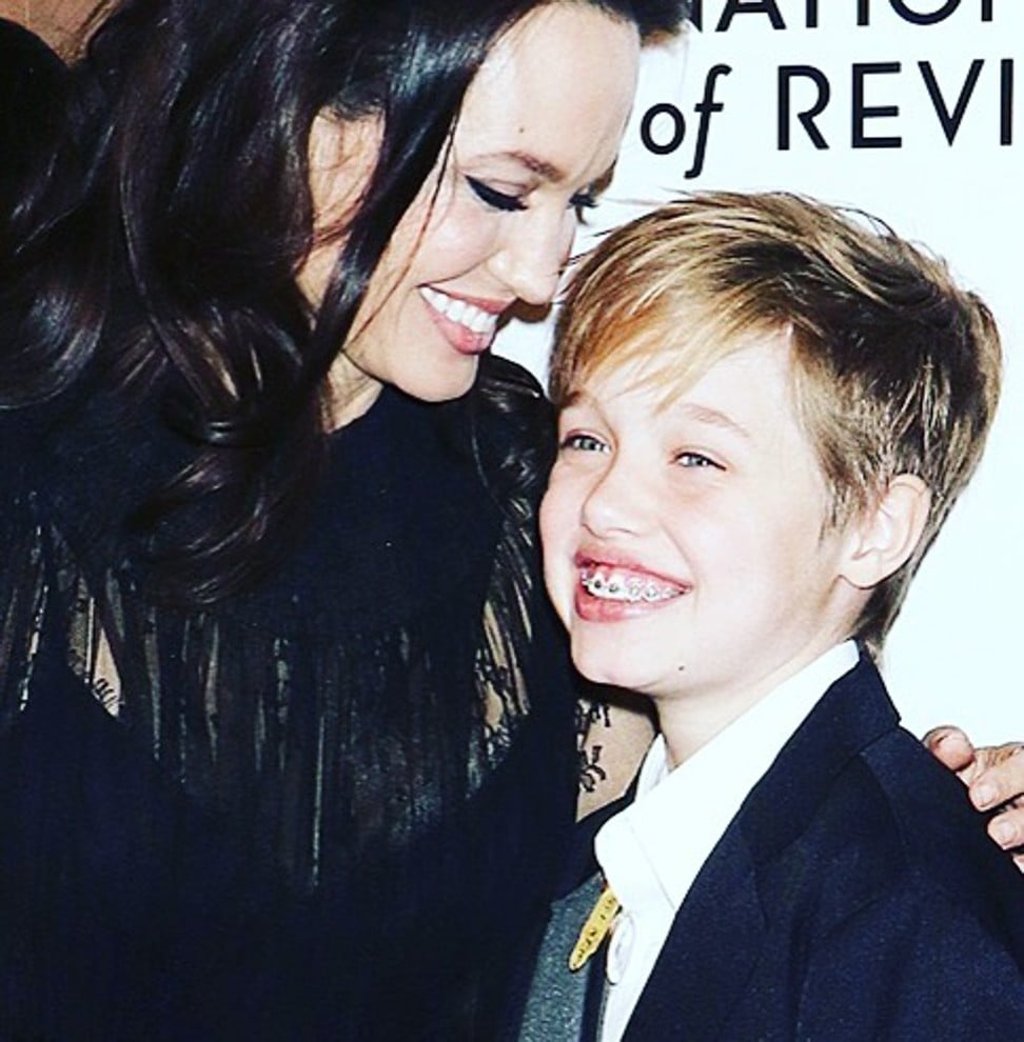Opinion / What parents should be mindful of when raising an LGBTQ+ child like Shiloh Jolie-Pitt

With prejudice and misunderstanding rife, Brad Pitt and Angelina Jolie’s first biological child – who identifies as gender fluid – is an invaluable icon in the global fight for LGBTQ+ rights
I was talking to a friend of mine once about the need for transgender bathrooms, but he wasn’t too thrilled about the idea. He characterised it as fodder for conservative pundits to distract and incite the public; to make them believe that liberals are causing the moral degradation of society.
My friend is a self-professed liberal. He’s anti-gun, supports #blacklivesmatter, and is disturbed by growing wealth inequality and corporate corruption. However, when it comes to trans rights, he just won’t have it. It’s too much and too far. He believes it’s an insignificant issue taking up space for major ones. “I believe in the ‘LGB’ but not the rest,” he said. His dismissal reflects a world view which has had dire consequences.
At New York Fashion Week, American trans activist and actress Indya Moore wore earrings with portraits of 16 trans people who were brutally murdered. The number since then has risen to 18 in the US.
Despite the gains we've made in terms of LGBTQ+ rights – mostly from what we've seen through the veneer of pop culture and Hollywood – we also have to remember the ongoing pain, struggle and violence facing the community. In the US, poverty, violence and murders against trans people, especially those of colour, are disproportionately high.
Closer to home – despite some gains in Taiwan with the legalisation of marriage – we see bloodshed against LGBTQ+. Florist and trans woman Sameera Krishman was hacked to death in Kuantan, Malaysia. In the same country, Teenager T Nhaveen was tortured to death by classmates, who classified him as effeminate and gay in Penang. And how could we forget the Sultan of Brunei wanting anyone who was remotely queer stoned to death.
The irony is that with all the unjust tragedies facing trans people, they are the ones perceived as mentally unwell, while those of us with the inability to move beyond preconceptions of gender and gender expression are humanised.

Gender, no matter how you look at it, has become an increasingly sensitive and polarising topic that even the privileged can't escape. Just look at Shiloh Jolie-Pitt – who identifies as male and would like to be called John. While his Hollywood parents have been supportive, all of them have been judged and criticised by folks hell-bent on defining gender.